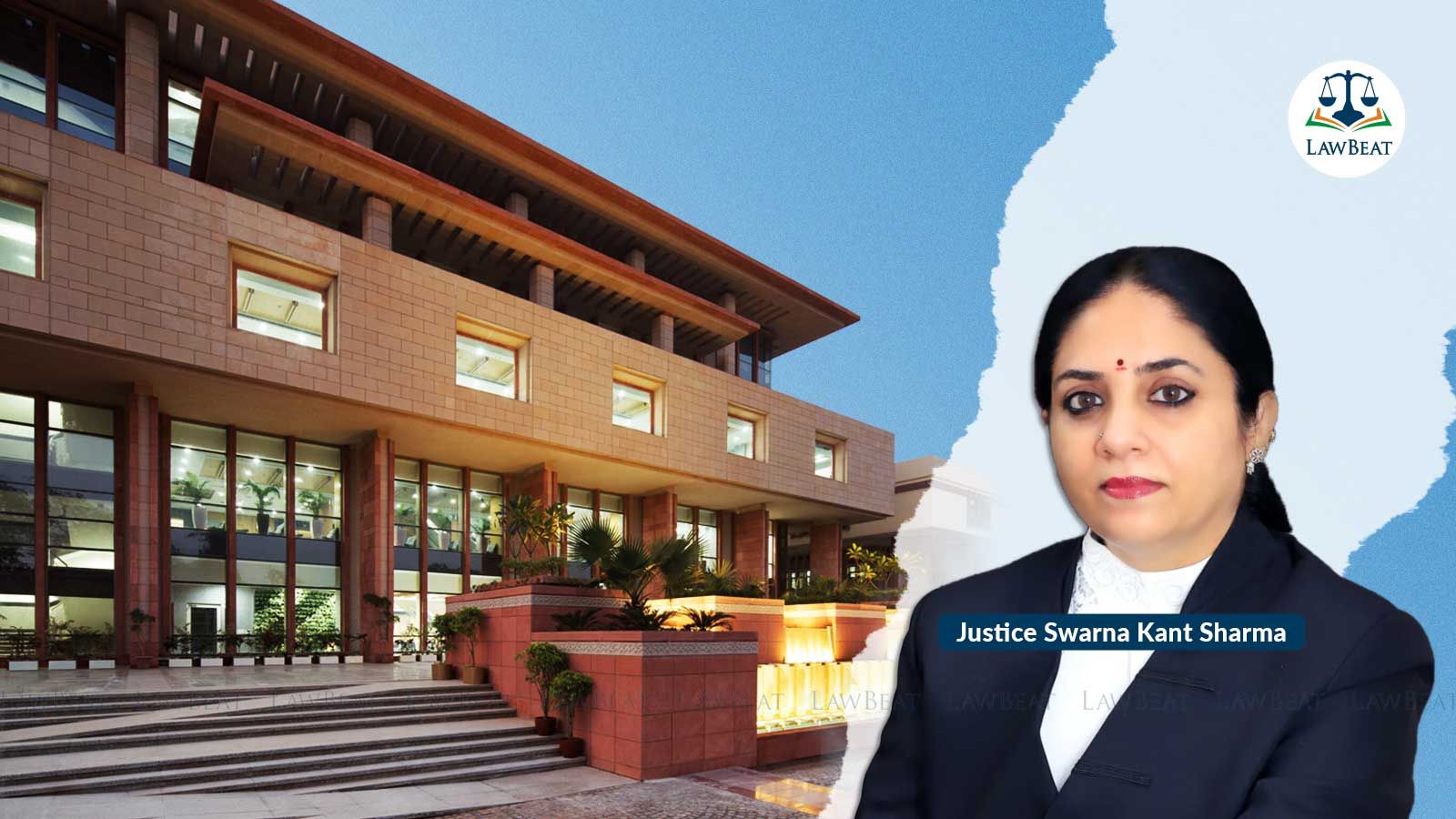Consent To Engage In Physical Relations Does Not Extend To Misuse Of A Person’s Private Moments In Inappropriate And Derogatory Manner: Delhi HC

The court noted that the accused willingly entered into a friendship and relationship with her, including a sexual aspect, and extended financial support to her. However, in the accused’s submissions, attempts were made ‘to weaponize the complainant’s marital to diminish the gravity of the allegations’.
The Delhi High Court, recently, dismissed a regular bail application of a man accused of rape and posting her sexual videos on social media. The bench of Justice Swarana Kanta Sharma observed that “Consent to engage in physical relations does not extend to the misuse or exploitation of a person’s private moments or their depiction in an inappropriate and derogatory manner”.
Per the facts outlined in the complaint, the complainant had resided in Delhi where she came into contact with the accused through her sister, as the accused was employed in Kuwait alongside her sister's husband. It was alleged that the accused began communicating with the complainant over the phone and subsequently influenced her. He provided her with ₹3.5 lakhs for enrollment in a course, which she had promised to repay after securing employment.
Thereafter, the accused allegedly began blackmailing her, coercing her into fulfilling his sexual demands. The complainant stated that she complied with his instructions, which included undressing during WhatsApp video calls. She further alleged that at the end of 2023, the accused visited Delhi, showed her a compromising video of herself on his mobile phone, and forcibly established physical relations with her for two days, threatening to make her videos public.
Additionally, the accused reportedly recorded a video in which the complainant was forced to admit receiving ₹5 lakhs from him. Later, the accused began defaming her by sharing the videos with people in her native village and uploading an inappropriate video of her on social media platforms, including Facebook, WhatsApp, and Instagram.
Advocate Sumit Kumar, for the accused, argued that the complainant's allegations were vague and fabricated. It was contended that the case arose from a long-standing friendly relationship between the complainant and the accused, which soured due to a monetary dispute. The complainant, allegedly unable to repay the loan obtained from the accused, lodged the complaint as an act of retaliation.
Additional Public Prosecutor Raj Kumar, for the State, highlighted the complainant's statement recorded under Section 164 of Cr.P.C., emphasizing that the accused, not the complainant, had engaged in blackmail. The accused was alleged to have captured inappropriate videos of the complainant and used them to exert undue influence over her.
The court rejected Advocate Kumar’s arguments about the complainant working at the massage parlour, noting that “the mere fact of the complainant working in a massage parlour – absent any evidence of her being engaged in illicit or unlawful activities – cannot be used to undermine or mitigate the seriousness of the alleged offences committed against her”.
The court, regarding recording private moments, noted that even if the complainant granted consent for sexual relations at any point, such consent could not, under any circumstances, be interpreted as permission to record or post her inappropriate videos on social media platforms.
Furthermore, the court opined that the consent for physical intimacy does not extend to the misuse or exploitation of her private moments or their inappropriate portrayal. Thus, even if the initial sexual interaction between the complainant and the accused was consensual, the accused's subsequent actions were clearly coercive and rooted in blackmail.
Thus, while the initial encounter may have been consensual, subsequent interactions were allegedly driven by blackmail, with the accused exploiting the videos to exert control over the complainant, the court highlighted. His actions in creating and utilizing these recordings to manipulate and exploit the complainant suggested a pattern of abuse and exploitation that exceeded any initial consensual engagement.
The court also acknowledged that the relationship could not be characterized as a simple friendship involving financial assistance. Instead, it appeared that the accused had exploited the relationship under the pretext of a loan transaction. “A loan arrangement, even between friends, does not entitle one party to exploit the other’s vulnerability or dignity” the court emphasized.
Additionally, the court rejected the argument that the complainant, as a married woman, was mature and intelligent enough to comprehend the consequences of her actions. To now unilaterally blame the complainant on the grounds of her marital status was unacceptable.
The court found the attempt to weaponize her marital status and professional background to diminish the gravity of the allegations to be untenable. Thus the court dismissed the bail application.
Case Title: Sudhir Kumar v State (2025:DHC:319)
